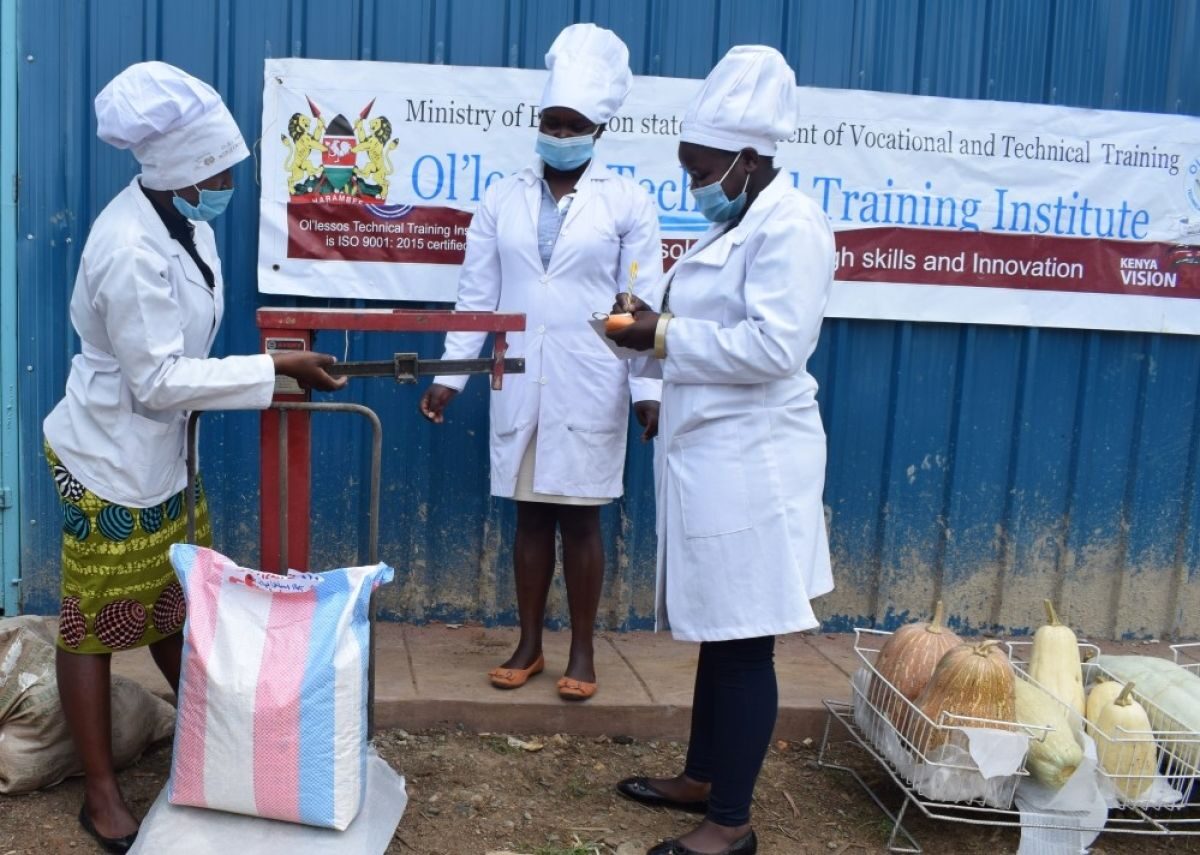Vocational training works for communities and the economy in Kenya
IDRC-supported research in Kenya is uncovering the potential for innovation in vocational training and identifying ways in which the sector can produce more young graduates with marketable skills.
Led by Colleges and Institutes Canada, the research includes an innovation component, in partnership with Kenyan training institutes, to enable students in technical and vocational education and training (TVET) to find solutions to community problems. Through four new innovation hubs connected with local communities and industry, students from these training institutes are designing economically viable and socially useful products. The developers of some of these innovations have applied for patents and certification in anticipation of commercializing them.
As examples, students have designed new stoves that will consume less fuel and cook more efficiently. They have come up with fortified flours (along with suggested recipes that call for underused crops from local farmers) that could address food insecurity and nutritional inadequacies for vulnerable groups. And, responding to community requests, students at one training institute developed ways of adding value to Irish potatoes by manufacturing a fortified flour and enriched animal feed.
The innovations demonstrate how developing skills in the TVET sector can help transform economies. The research team also includes representatives from George Brown College, in Canada, and two Kenyan organizations: the Linking Industry with Academia Programme Trust and Rift Valley Technical Training Institute. In addition to testing out the innovation hubs, the research team has developed measures to improve gender equality in the sector and important policy processes to help to invigorate the sector as a whole.

